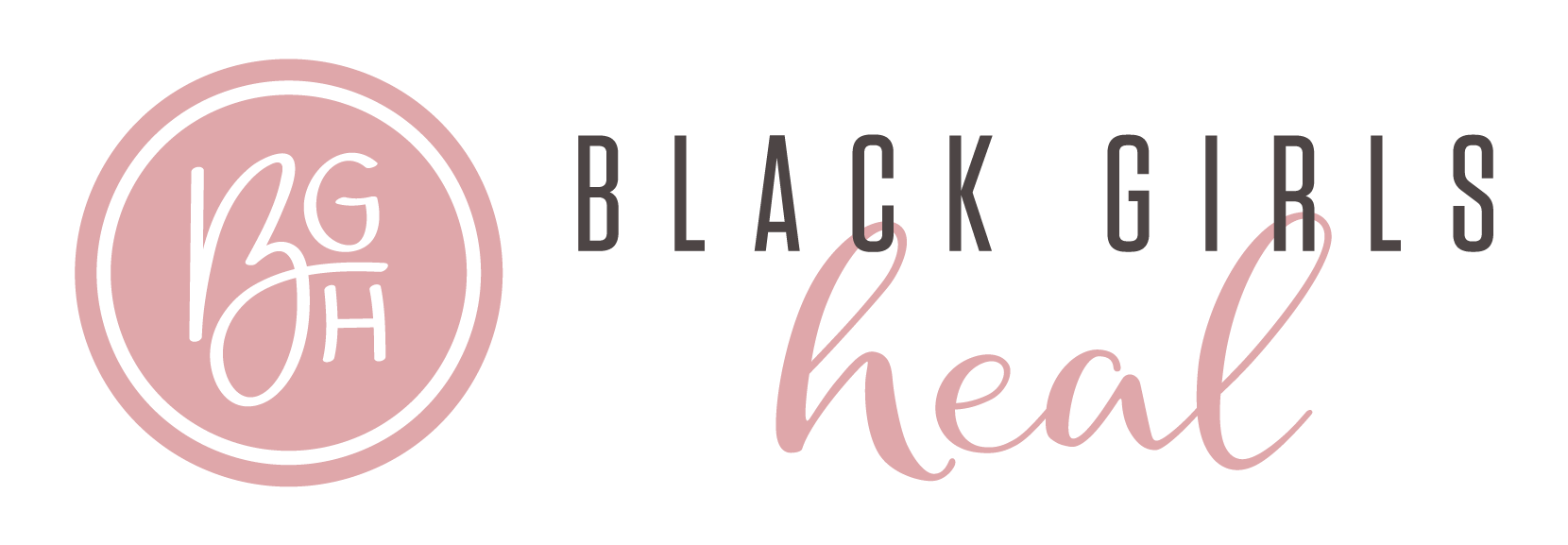Unveiling the Love Avoidant: How to Stop Pushing Love Away and Start Letting It In
Today, we’re unpacking something that doesn’t always get the spotlight but absolutely deserves it—love avoidance. If you’ve ever found yourself pulling away when someone gets too close, second-guessing genuine intimacy, or feeling safer alone than in connection, this one’s for you. Just like love addiction, love avoidance is rooted in deep emotional patterns, and if we want to build healthier relationships, we need to bring these patterns to light.
The Most Common Mistakes Love Avoidants Make in Relationships
Love avoidants often wear their independence like a badge of honor. They’re analytical, guarded, and pride themselves on having strong boundaries—but underneath all that self-control is often fear. Fear of losing themselves. Fear of getting hurt. Fear of needing someone and being let down. These defenses can easily be mistaken for strength, when in reality, they’re walls that keep love out. Real healing starts when we stop mistaking distance for safety and start learning to let people in, one small step at a time.
How Trauma Creates Defense Mechanisms That Block Intimacy
Behind most love avoidance is a story—one filled with betrayal, emotional neglect, or never feeling truly seen. To protect themselves, love avoidants often become hyper-independent. Vulnerability starts to feel dangerous, like a setup for disappointment, so it gets buried under “logic,” distractions, or staying busy. But even if no one’s hurting us now, our nervous systems are still on high alert, expecting the worst. That’s why healing has to include compassion—for ourselves and the little version of us who learned it wasn’t safe to trust.
Steps to Move Forward
If this sounds like you, know that love avoidance doesn’t make you broken—it makes you human. But healing will ask you to try something new: to soften. To get curious instead of reactive. To practice vulnerability in safe spaces, and maybe even let yourself be supported. Therapy and coaching can be powerful tools here, but so can small everyday choices—like allowing yourself to express a need, or letting someone love you without trying to control the outcome.
As you move forward, remember: real love requires real presence. You are worthy of a relationship where you feel safe, seen, and celebrated. And the more you learn to trust yourself and your healing, the more open you’ll be to receiving that kind of love. This journey isn’t about perfection—it’s about progress. You’ve got this.
